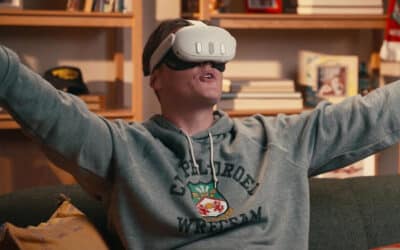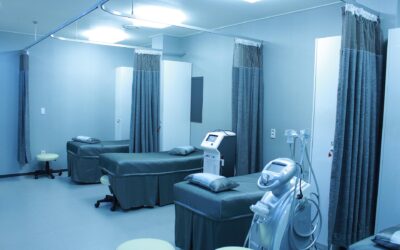Five North West digital agencies are flying out to Stockholm this weekend to showcase their technical solutions for health and social care problems.
The North West Digital Health Challenge was set by Open Labs, funded by Liverpool John Moores University and the European Regional Development Fund.
In total 12 companies pitched ideas, with the winning 5 heading to the Digital Health conference.
The winners were:
Memory Enabling Technology from Citrus Suite. The Picture Frame Network has been developed to aid the memory of daily routines and help people living with dementia have more independent lives. Up to 6 Android devices are set up in a person’s home and through wi-fi they use text, audio and video messages to stimulate memory. Called “Picture Frame Network” because when not in use, the tablets switch to become digital frames.
Peace of Mind by Red Ninja. An ambient sensor system to detect and prevent falls. It has been created for people who are at higher risk of falls, including those with learning disabilities, dementia, neurological conditions or brain injuries.
Memory Jigsaw from Mashbo. A recreational form of distraction therapy, it helps people piece together old memories through visual cues.
Reward your world by RYW Community Systems. Users record activity and integrate their behaviour into an activity database, with goals and rewards to provide motivation. Built on the “incentivations” engine, it’s to promote behavioural change through social, health and well-being targets.
SupportSpace from Future Coders. This is a marketplace for people who provide care and also delivers an audit trail to show that their budget has been spent correctly.
“Liverpool in particular is breaking away from other UK cities when it comes to the investigation of innovative possibilities in health and social care. We have some of the best minds there are working on ways to keep people with dementia independent for longer, to help vulnerable groups become empowered and to help health providers offer their patients the highest quality of life they can,” said Jason Taylor from Open Labs.
“Digital Health 2014 will give these minds the opportunity to explore and refine their ideas further. It helps to bring the future a little closer”.











